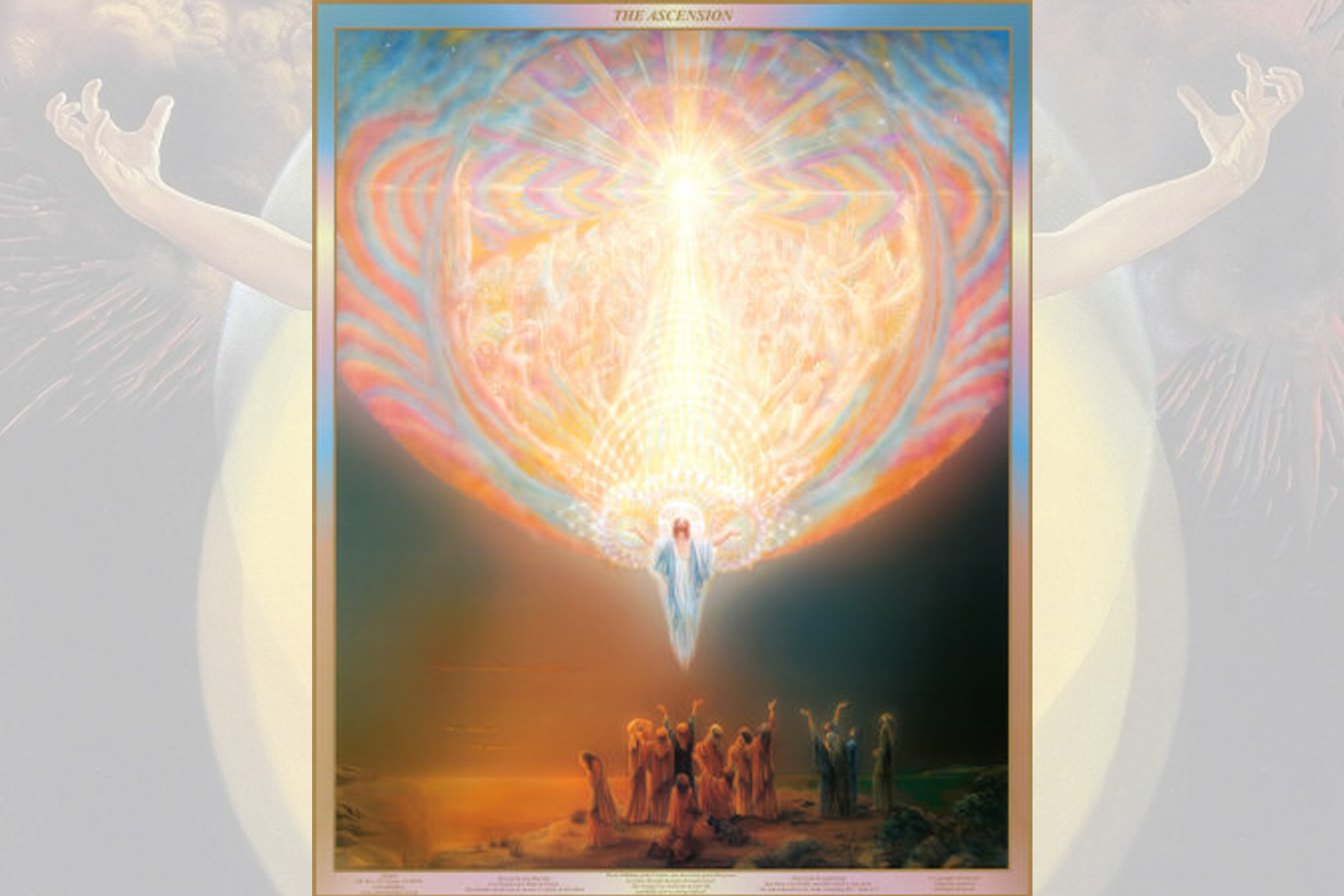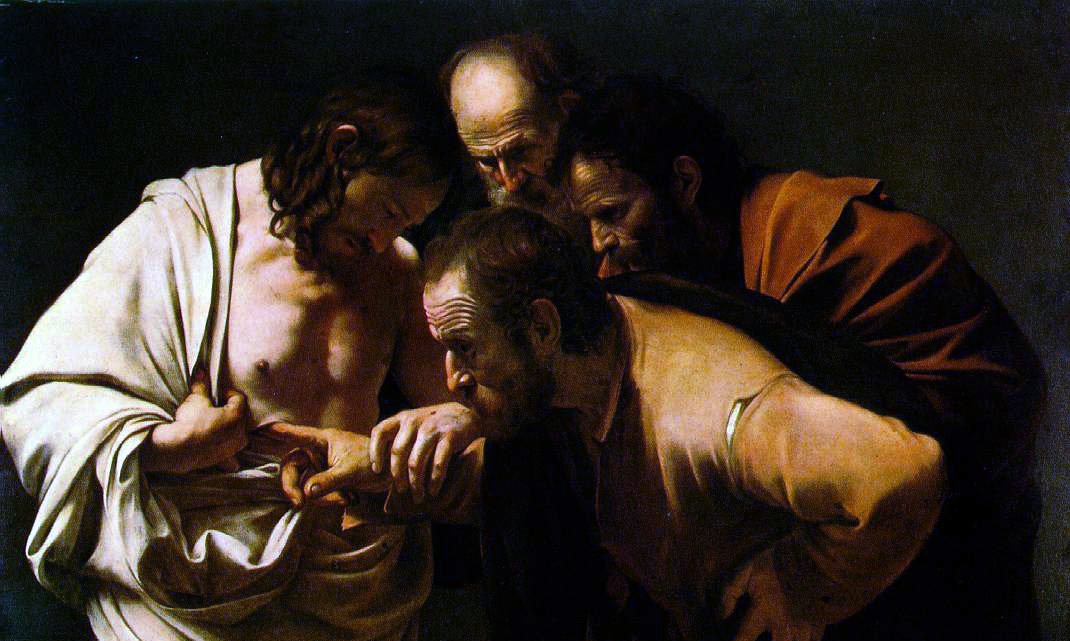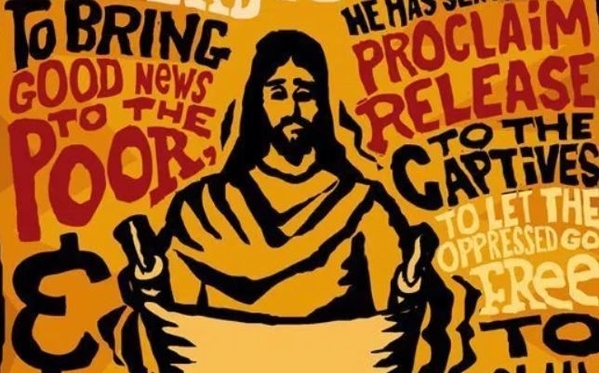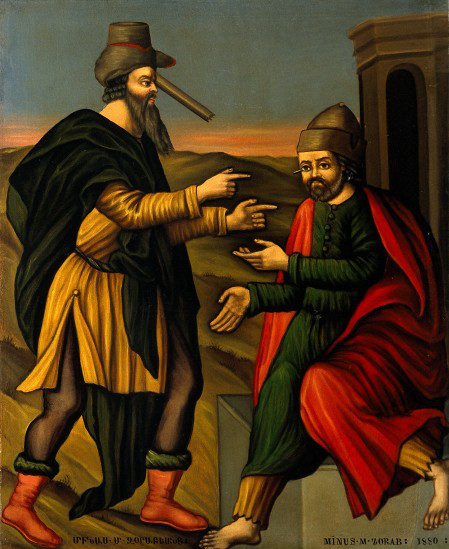Events and reflections on Earth Day: Monday, April 22.
You cannot get through a single day without having an impact on the world around you. What you do makes a difference and you have to decide what kind of a difference you want to make. — Jane Goodall Events to Celebrate Earth Day From article in Conway Daily Sun written by Tom Eastman, link […]





